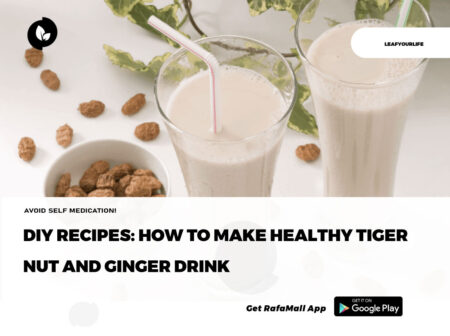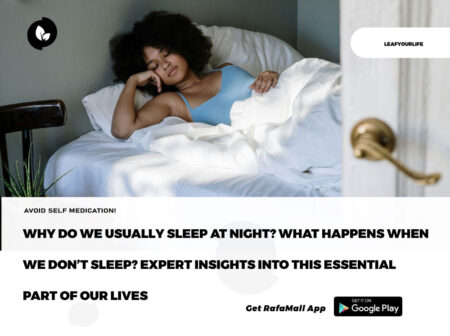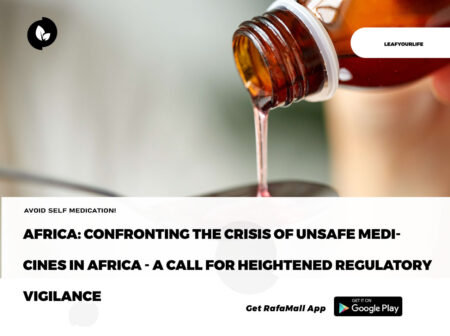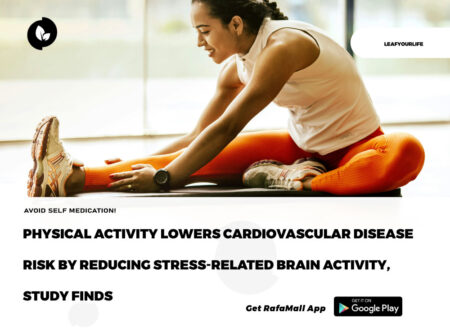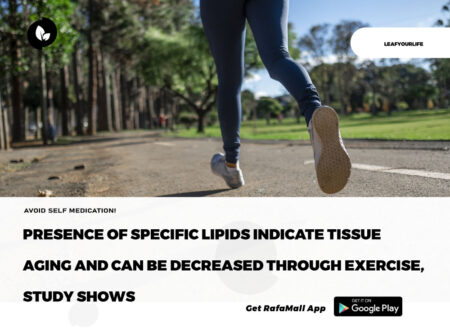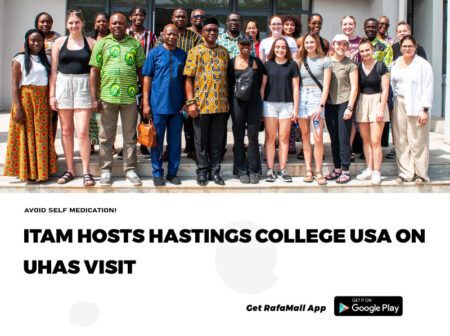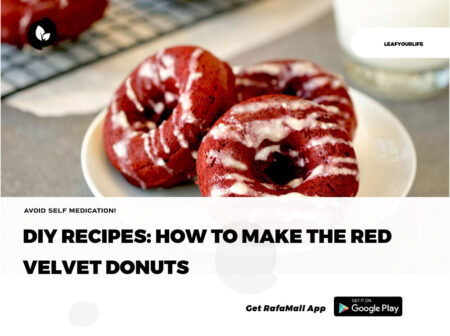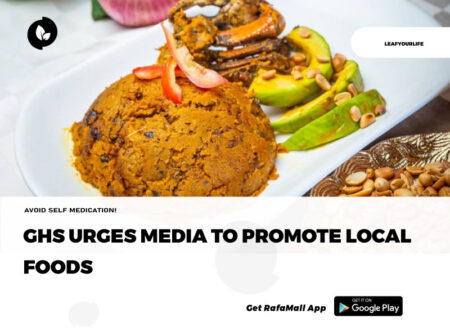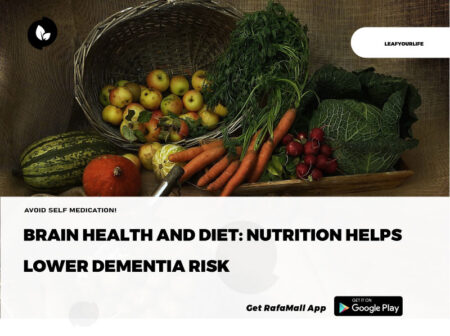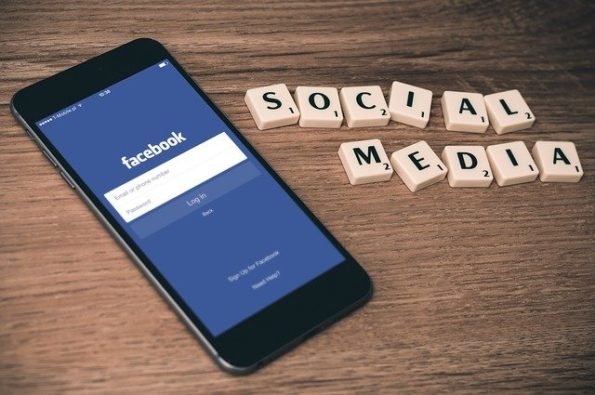
There were no signs, symptoms or any change in attitude and behavior that would tell Michelle, a forty-two-year-old executive assistant, that her daughter, Kristina, was going through emotional distress.
Kristina woke up every day at 6 a.m., too early for a teenager you’re thinking. Not yet fully awake, the first thing Kristina would do is grab her smartphone and browse through social media feeds, looking for an emotional fix. Although she’d make it to the shower, eat breakfast, and get ready for zoom school, she’d skillfully stay glued to her phone, still craving for her reward. The rest of Kristina’s day would comprise school, homework, text messaging, TV, cooking, and … more social media interaction.
Addiction has no time constraint
Eight hours, that’s right! Eight hours is the average time teenagers spend on their phones. They’re scouting, searching, hoping, wishing, and sometimes looking for a way to numb their pain. A 2016 study by Common Sense Census looked at teens and their social media patterns and found that teens between the ages of 13 and 18 spent about 9 hours a day on social media and other outlets like TV, online videos, and mobile games.

Yes, I know! It’s insane!
Think of it, teens are spending over 60% of their waking days staring at a screen! Mind boggling indeed! It comes as no surprise that social media has become such a predominant part of our lives that we’re in denial about how much time we’re spending on it. This raises the question: What are the effects of social media on our brains?
“It is impossible to understand addiction without asking what relief the addict finds or hope to find in the drug or the addictive behavior.”
~ Gabor Mate
This is not a “Them problem”
Although, and for the sake of this article, I chose to illustrate my point with Kristina’s story, who’s a teenager, I however, wanted to insist on the fact that social media addiction is not only a teen problem. It involves us adults as well. I am sure you know what I’m talking about.
Remember the many attempts to ask your kids to stop looking at their phones only to hear them shout back: “But dad, you’re always on your phone!” Don’t despair, you’re not alone! I too have done that! And you know what? It takes one to know one! They are right! Or almost right!

We are addicted to more “Likes”
Whether it’s our generation or this generation who grew up with technology and social media, we’re all seeking the same thing. We’re all overly concerned about social media, we’re driven by an overwhelming urge to use it and spend way too much time on those platforms that it impairs other important aspects of our lives.
A study by neuroscientists on social media and the brain shows that positive interaction (such as someone liking your Instagram post or tweet) triggers the same chemical reaction that’s caused by recreational drugs or gambling. Researchers from Harvard University found that when you get a social media notification, your brain sends a chemical messenger called dopamine along a reward pathway, which makes you feel good. Dopamine is also associated with food, sex, love, exercise, gambling, and drugs. One becomes addicted to checking for the instant reward. Thus, the dopamine-triggering behavior becomes a habit.

For sake of this article, let’s get back to Michelle’s daughter, Kristina. Remember earlier in this article I wrote that Kristina, while on an emotional rollercoaster involving social media and other personal issues, showed no signs of distress. I wonder if that’s because she was too busy getting her fix on social media and her parents were too busy living their own lives that no one noticed anything. Or perhaps we all cannot identify rational explanations for irrational behaviors.
Are we too busy to realize that we’re living at a lower level of existence? Have we descended too far down into the rabbit hole that we’ve lost our sense of responsibility towards our children? If we can’t monitor ourselves, how can we be sensitive to their needs? We can all be in the same room, but no one is there. Does this make sense? Kristina’s anxiety was almost certainly caused by too much interaction with social media, not enough self-care, a lack of parents’ monitoring, and a lack of human interaction. Kristina also suffered from FOMO.
The devil has many faces
A University of Pennsylvania study examined how “social media use” can cause the fear of missing out (“FOMO”). In the study, one group of participants limited their time on social media to 30 minutes a day, while a control group continued to use Instagram, Facebook, Snapchat, and Tick Tock. The researchers tracked the participants’ social media time usage, and participants completed surveys about their mood and well-being. After only three weeks, those who limited social media said that they felt less depressed and lonely than people who had no social media time limits.

The study showed that using less social media leads to a significant decrease in both depression and loneliness. These effects are particularly pronounced for folks who were more depressed before participating in the study.
Experts suggest that the main reason for feeling depressed after spending too much time on social networks is due to comparison. When viewing someone else’s curated and impeccable life online, it’s easy to see their perfect pictures and think their lives are better than theirs.
Impact of social media on the brain: Not so good!
There are some real consequences to spending too much time on social media. Studies show we are carrying around little dopamine stimulators in our pockets and are expecting entertainment. It’s no surprise social media makes us bad at multitasking and distracts us from optimum productivity and performance. The same study shows we’re so addicted to dopamine release from social media interaction that we create phantom vibration syndrome — we feel like our phones are buzzing even though they’re not.
Furthermore, the reward centers in our brains are most active when we’re talking about ourselves. It’s all about showing off, comparing our lives to others. Not even in real life do we talk about ourselves so darn much. We want that brain stimulation, that dopamine.

Social media addiction can’t be cured but it can be controlled
Since this activity is becoming more available to more of us, evidently, more of us may develop an addiction to social media at some point in our lives. If you think you may be addicted to social media, consider this, being aware of the negative effects of such behavior can help you regain control. Engaging in social media occasionally is unlikely to be damaging. However, there are negative effects to consider when overusing social media.
Some likely negative effects of social media include:
- Increased loneliness
- Loss of self-worth and self-esteem, which may be promoted by erroneous perceptions that others’ lives are “better” than ours
- Anxiety or depression
- Onset of social anxiety disorder
- Fear of missing out (FOMO), which can lead to more social media usage
- Sleep Disruption, particularly if you use social media right before bedtime
- Decreased physical activity, which will affect your overall health
- Poor grades or work productivity and performance
- Reduced empathy to others
- Ignoring the relationships with others in “real” life
Know your limits

We know that too much social media can alter our brain chemistry. But not everything about social media is bad. There are many good sides to social media; for example, we use these platforms to stay in touch with friends and family. We can connect to more people across the globe and learn more about what’s happening elsewhere. We can inspire the masses, help the underprivileged, or raise collective awareness. I’m convinced that reducing the time spent on social media can reduce harmful psychological effects and can help us invest more time in our overall health and wellbeing.
I encourage parents to check social media usage on their kids’ devices. I also recommend they limit their own usage and interact with their loved one more often. It’s easy to get lost in the world of social media and forget those who need us the most. I know, sometimes we can feel as if social media has taken our children hostage and we feel hopeless. It’s precisely why we must fight back and free them from the hijackers.
But they don’t want to be freed, you’d say! Well, what If I told you that’s the normal reaction of an addict, just as someone who’s addicted to drugs would lie through their teeth to justify their behavior, it’s not the addict that’s lying but the object of the addiction that’s supporting the behavior. In this case, social media.
Human connection is key
It is said that the lack of connection with others can lead to addiction. I can’t agree more. Since dopamine or the experience of pleasure is what most of us want (subconsciously) when using social media, it makes perfect sense to assume that seeking activities that would indulge and satisfy someone’s urge would be the correct course of action. So, and as I mentioned in the previous paragraph, get involved in your kids’ or teens’ social lives and have fun together.

Here are a few of my suggestions:
- Exercise together
- Practice yoga and meditation together
- Eat healthy and balanced meals, sit together
- Build a healthy sleeping pattern
- Get some sunlight
- Listen to relaxing music
- Build new skills
- Read more
I hope you that you gained more awareness on the matter so my wish for you is that you reclaim your freedom from social media over usage.
~ Nordine Zouareg


